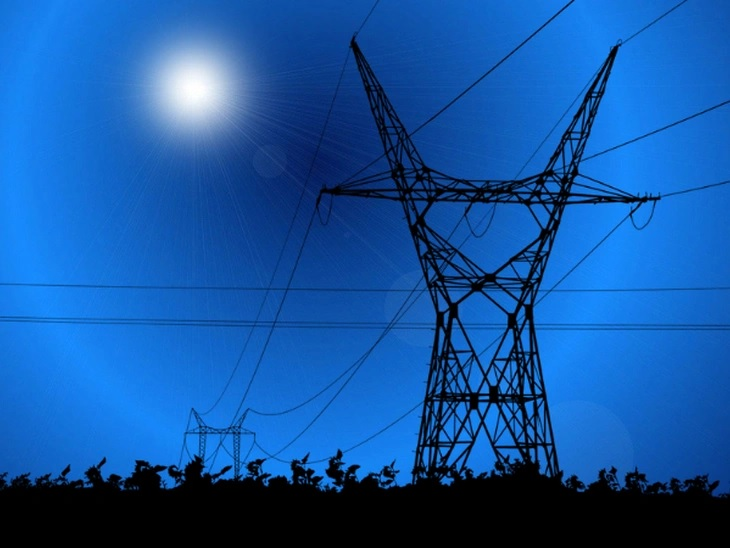
 Electric Energy
Electric Energy
CCEE shares recommendations to help companies migrate with safety, clarity, and planning.
T&B Petroleum/Press Office CCEE
The opening of the free energy market marks a new era in how consumers interact with energy, representing a significant shift and one of the most impactful advances in the modernization of Brazil’s electricity sector. In this market, consumers can choose their supplier, purchase energy based on demand, negotiate contracts and terms, and even select the type of energy source, such as renewables.
Since January 2024, all companies connected to high voltage, regardless of energy demand, have gained the right to participate in this market. This change has positively impacted business competitiveness, offering more cost predictability and freedom of choice.
The growing participation of small and medium-sized enterprises (SMEs) in this market reflects the sector’s maturity. Decentralization and negotiation freedom enhance the efficiency of the national electricity system. Continuous growth is expected: Provisional Measure No. 1,300/2025 also proposes the inclusion of low-voltage consumers—such as small retailers and service providers—in the free market, further expanding access and transformation opportunities.
In this expansion scenario, the Electric Energy Trading Chamber (CCEE) plays a strategic role. As the entity responsible for enabling, overseeing, and ensuring the integrity of market transactions, CCEE ensures that the transition to the free market occurs with safety, transparency, and balance.
To support those considering this journey, here are seven essential tips for migrating to the free energy market with proper planning and security:
Entering the free energy market may seem complex, but there are agents that help simplify the process. Retail energy traders, for instance, take on part of the regulatory obligations with CCEE. Specialized consultancies can also help you choose the right supplier and interpret contracts.
With the freedom to negotiate comes the responsibility of making the right choice. Evaluate the proposed conditions, the supplier’s reputation, and the benefits offered—such as renewable energy supply, contract flexibility, or value-added services. To confirm the agent is properly certified, consult the official list of CCEE members on their website.
It’s crucial to understand your company’s energy behavior. Analyze contracted demand and review your consumption history. This assessment helps determine if the free market is advantageous and what type of contract best suits your profile. Your retail energy trader can assist with this analysis.
Migration requires submitting a notice to your local distributor at least 180 days before the desired entry date into the free market. Start early to allow time for supplier negotiations and smooth planning.
Once you migrate, you take on new responsibilities—such as submitting consumption forecasts and paying energy and associated charges directly. It's important to understand and follow these procedures, which are overseen by CCEE.
Even after migrating, your local distributor remains responsible for delivering energy to your business. Maintaining a good relationship and complying with legal deadlines, as well as making any technical or contractual adjustments, remains essential.
Reliable information is key to a safe migration. In addition to the official website (www.ccee.org.br), which provides regulatory documents, data dashboards, and technical guides, CCEE also shares content on YouTube and social media—including explainer videos, interviews, and industry updates.
A great starting point is the Consumer Rights and Obligations Guide, especially for those new to the free energy market.
Stay informed, understand the rules, and keep up with updates to make decisions with more confidence and independence. To dive deeper, check out the courses available at CCEE Academy, a new knowledge hub focused on training and education in the electricity sector.
About CCEE – CCEE is a non-profit civil association responsible for enabling the purchase and sale of electricity in Brazil and ensuring this essential input reaches the population and productive sectors. Since 1999, it has brought together generators, distributors, traders, and consumers with a single goal: to develop efficient, innovative, and sustainable markets for the benefit of society. Its operations span both the free and regulated contracting environments.
Contact us